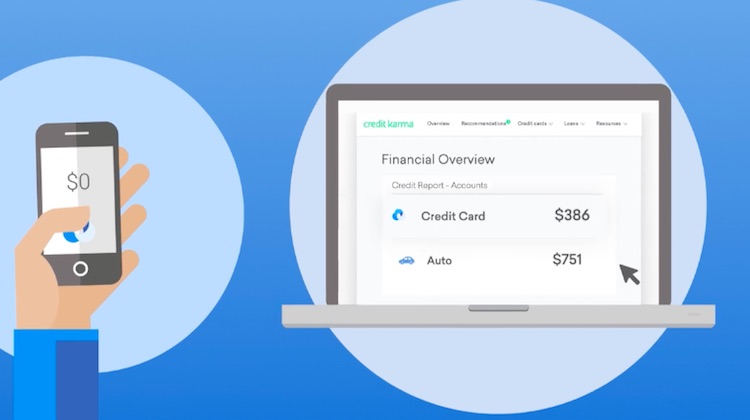The Customer Effect
How Credit Karma is using data to become a central finance hub
- Credit Karma wants to build trust with customers through a chatbot
- The chatbot will build a stronger connection to customers and provide an additional source of data for its product-recommendation engine








